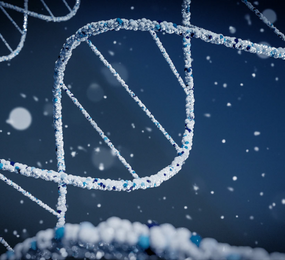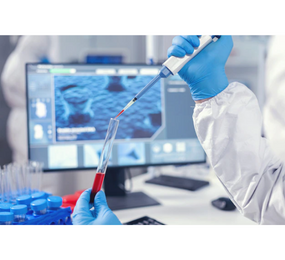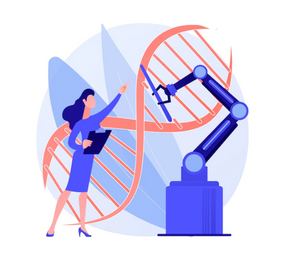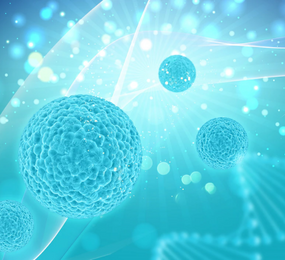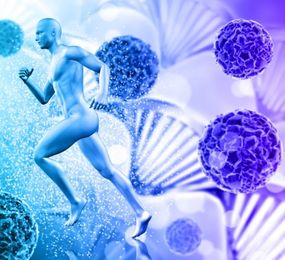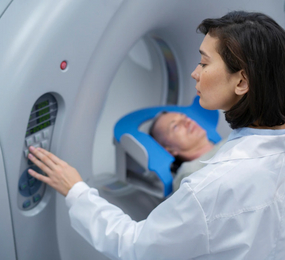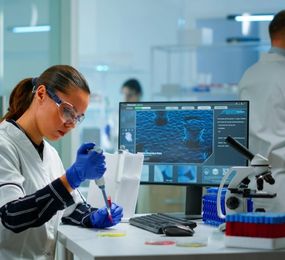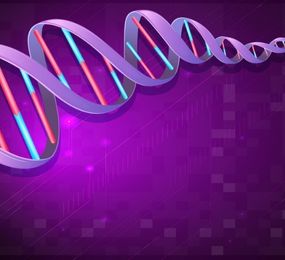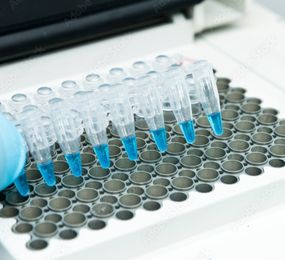Bioprocess Development Strategies for Biosimilars
Bioprocess development for biosimilars is a critical and intricate endeavor, aiming to create biologic drugs that closely mimic existing therapies. A primary strategy involves a thorough understanding of the reference product's molecular characteristics and therapeutic efficacy. This knowledge guides the development process, ensuring that the biosimilar maintains comparable quality, safety, and efficacy.
One key strategy is optimizing cell culture conditions. Selecting appropriate cell lines and fine-tuning growth media can significantly enhance the yield and quality of the biosimilar. Additionally, scaling up production from lab-scale to industrial-scale bioreactors demands careful consideration to maintain consistency and stability in the product.
Another crucial aspect is the purification process. Advanced chromatographic techniques and filtration methods are employed to remove impurities and achieve the desired product purity. Analytical tools, such as mass spectrometry and high-performance liquid chromatography (HPLC), play a vital role in characterizing the biosimilar at every stage of development.
Regulatory compliance is also paramount. Adhering to guidelines set by agencies like the FDA and EMA ensures the biosimilar meets stringent quality and safety standards. Continuous process monitoring and validation are essential to ensure the final product's consistency.
In conclusion, successful bioprocess development for biosimilars hinges on meticulous planning and execution, from cell culture optimization to rigorous purification and compliance with regulatory frameworks.
Visit our website to know more: https://www.leadventgrp.com/events/2nd-annual-bioprocessing-and-biologics-forum/details
For more information and group participation, contact us: [email protected]
Leadvent Group - Industry Leading Events for Business Leaders!
www.leadventgrp.com| [email protected]


